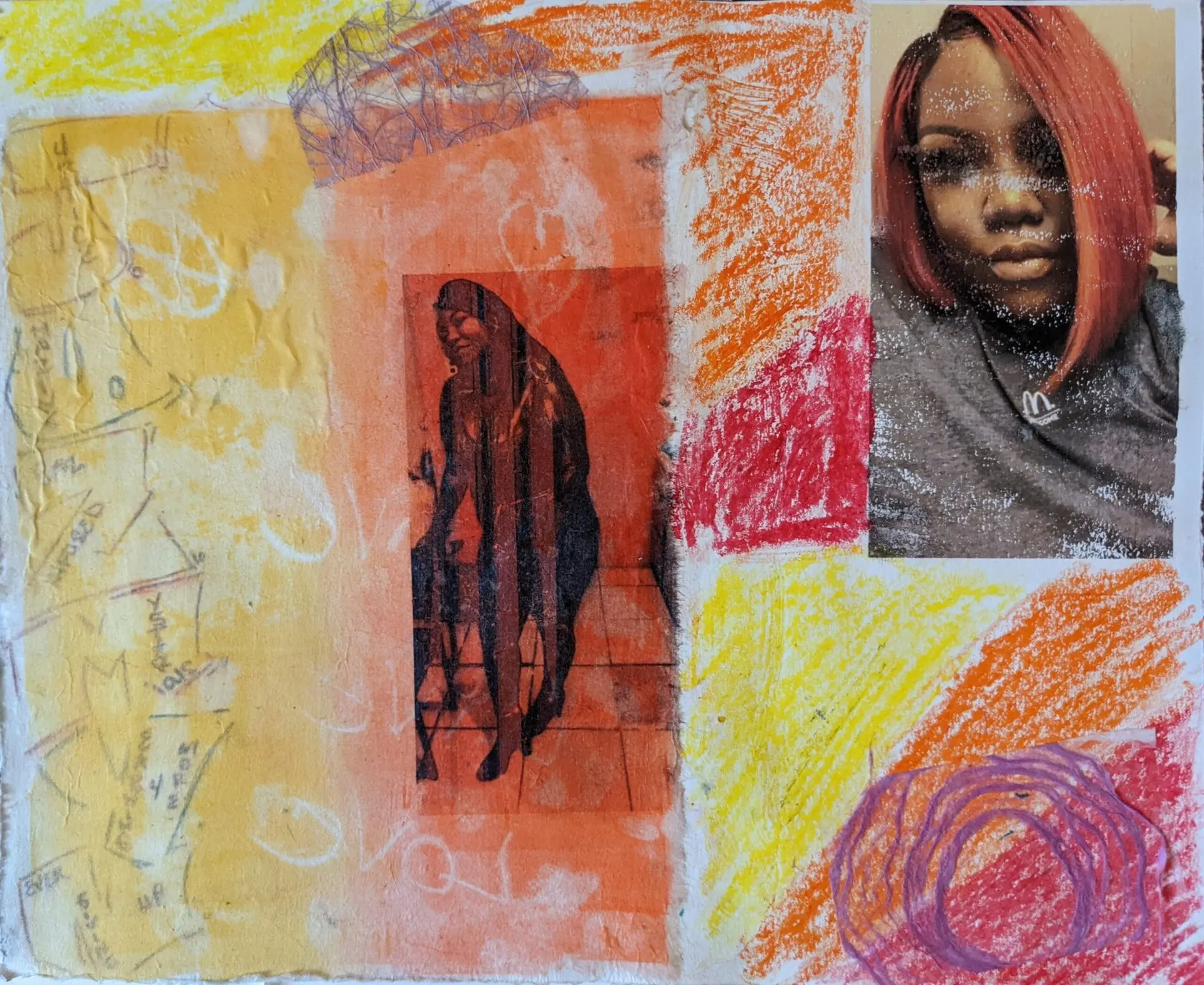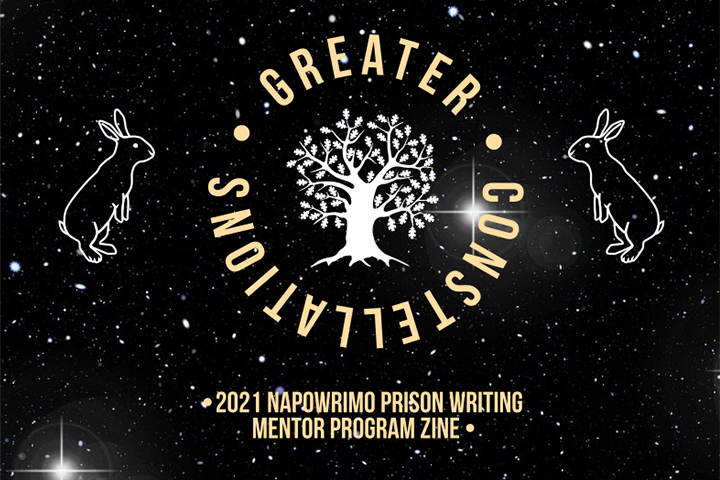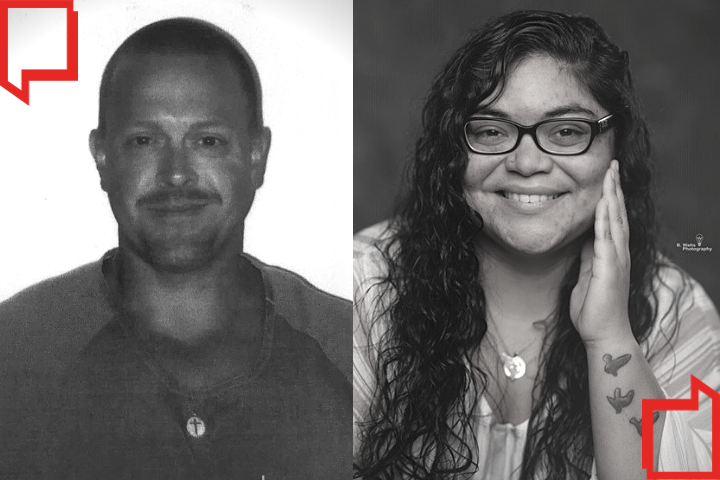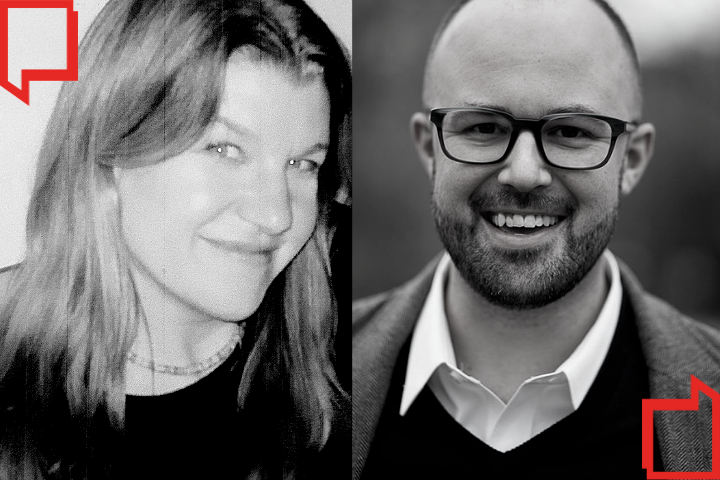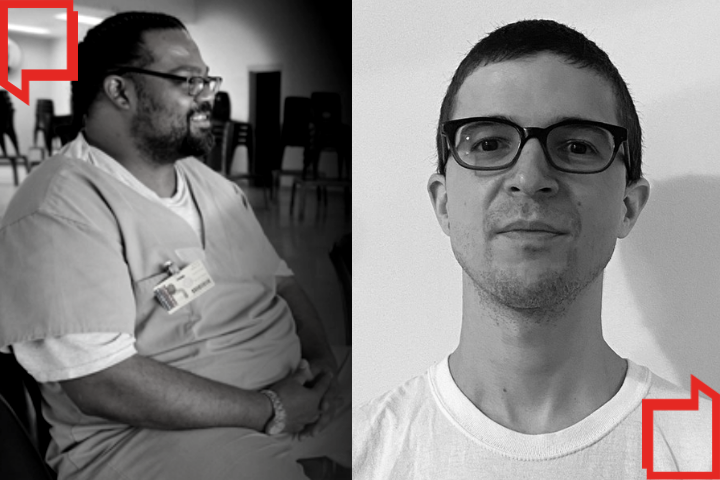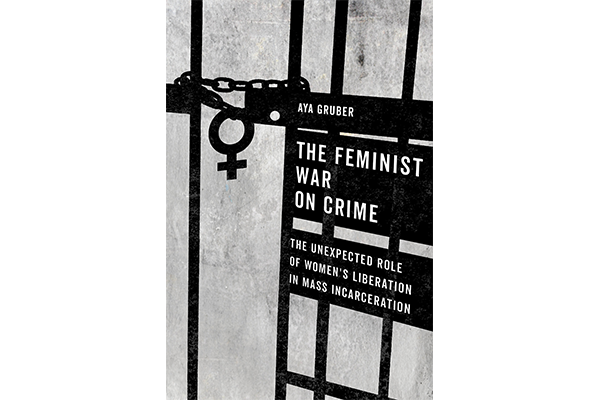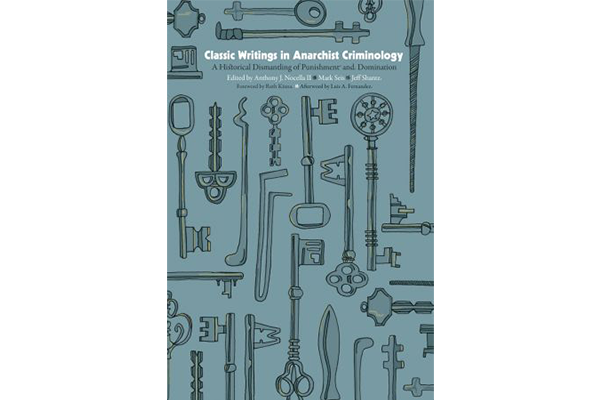Reginald Stephens was awarded an Honorable Mention in Nonfiction Essay in the 2022 Prison Writing Contest.
Every year, hundreds of imprisoned people from around the country submit poetry, fiction, nonfiction, and dramatic works to PEN America’s Prison Writing Contest, one of the few outlets of free expression for the country’s incarcerated population.
I find myself in the inevitable position of being stranded on the sidelines of history at a time when social justice seems to be moving upstream in this watershed period. The stresses of being stationary are intensified by the ‘end of days’ like atmosphere in America. The Corona Virus has sickened and killed millions of people and slowed economies to fractions of their former selves, putting tens of millions of people out of work. Added to this are racial tensions set ablaze by the hot, dry winds of racial animus, blowing utterances into the culture and politics, belching out hate speech like some Freudian slip. The lynching of George Floyd and countless others at the hands of the police sits on the shoulders of my conscious, haunting the very mention of race and class. Black Lives Matter has gained a generalized legitimacy, relevance and respect in America and abroad and is so much more than the protestations of American troubles in the monument. 2020 is a pivotal time, punctuating with exclamation, the human narrative.
With police policy and practice under scrutiny I am concerned the lens of security may become myopic is its focus on the institution of policing while the rest of the criminal justice system and other institutional entities in need of overhaul continue to operate unabated. This is just the first inning of a process in a series, requiring judicial, legislative, social and economic policy makers to come to bipartisan resolutions in the fair and equitable administration of government. It is an unrealistic expectation that needed changes will occur quickly, especially given that ‘across the aisle’ agreements necessary are rare, but as America sought to remake the world after World War II, it must now, remake itself without Jim Crow like riders in thought and legislative practice in achieving real parity and justice.
Besides my own frightening encounter with COVID-19, I’m just a spectator in all of this, a cipher, effete, like a slave in 1863, who has discovered he has been set free, but knows not what to do with the newly acquired freedom and so he stays on the plantation. In this case, the death of George Floyd on May 27, 2020, has rendered a kind of unwritten decree between America and people of color, stipulating to the fact that to be black or brown is to be human, attaching all the rights and privileges thereto–hopefully. That consent decree does not apply to me, us, here. The 13th Amendment is a visceral impediment that binds me in ways I do not foresee in the life I lived before this. The events of the spring of 2020 have made me intensely aware of my blackness, especially in my time and space reality. Since the protest swept the country I have looked for ways to leverage the prospects of social change that have animated the consciousness and resolve of Americans, black and white, for an increase in the value of my humanity here and now. Because I can’t protest; because I can’t participate in those larger dialogues, I have asked pointed questions of my closest peers about the benefits, responsibilities, and considerations of the moment. My soul asks, “What is expected of us? What is owed to us–if anything? Is it possible to realize any community at the moment?” As I sit on the sidelines witnessing this history, feeling a culpability in my station, searching for new ways to act both meaningfully and responsibly, I’m ashamed of myself, I’m ashamed of us, here, now. Many of my fellow cons demonstrate an apathy in both words and deeds that makes the writing of this tortured with the guilts of the past that either have not been atoned for or resinates still. To some, prisoners of color make all people of color look bad, and to other groups critical of people of color, we prove the point. I do my best to distinguish the past from the present. I am now woke, morally conscious and do my best to mitigate judgments that chase my wake.
Most of us here are black and brown men from poor communities. We’re here because we chased the American Dream, a dream not intended for us. In the chasing of dreams that have dangled like carrots just out of reach, we fleshed out nightmares of our own creation. Prison and the graveyard are the places of dreams deferred. Now we are just dreamers hidden away in the lush countryside and verdant farmlands in the mountains and valleys of New York State. Up here, we’re alien imports, counted in the census’ of towns and hamlets we would otherwise never live in. We generate commerce, sustain livelihoods and re compost for the growth of conservative talking points. Prisons are the nurseries for another variety of ‘strange fruit,’ cultivated in hot houses, nurtured in open secret. Prisoners are so critical to the conversation of Black Lives Matter, as we exist in the belly of what police departments around the country swallow up and digest in prosecutions and convictions. To be clear, prisons are necessary places but from sentencing, to the day to day operations of these places you will find some of the most entrenched attitudes and perspective about the black and brown bodies warehoused, and in that you will find structural racism, blatant and inconspicuous, pernicious and pro forma.
The majority of the persons confined in the nation’s prisons will return to society at some point in the future. Those communities, especially communities of color, have a right to expect employable, character developed, physically and psychologically healthy ex-offenders back in their communities. The bar has been set low for us, not because of inherent inability, but because we’re thought to be disposable, unsalvageable and not worthy of the investment needed to facilitate better outcomes in recidivism and successful re-entry. In all fairness, there are some life changing degree programs for those individuals demonstrating the initiative, but the quality and structure of some programs leave a lot to be desired. On the whole, we are red lined in perpetuity just like in the communities we come from. Men languish in prisons for decades, hopelessly subsisting, deteriorating, mind, body and spirit, never receiving the assistance needed, especially when it comes to mental health. We come to this place with traumas and issues stagnating pro social adjustment. This is not to say that people don’t come to prison and get it together and never look this way again, but like everything in life, we all sit scattered across the spectrum of possibility. There has to be a just balance between punishment and the maintenance of human dignity. I doubt anyone has bothered to formulate the diagnostics necessary to assure that remediation of needs has been offered to best facilitate change, recovery and wholeness in the men and women confined in the nation’s prisons.
Black Lives Matter protests from a palace of principle, justice, equity and moral certainty, for all. As I sit in the yard, amidst a sea of black and brown humidity, most half my age, thinking about the issues I raise here, I realized I could do no more than record my thoughts in the hope it reaches those who have the capacity and willingness to facilitate change. While I wait for the assistance, I’m charged to my best self and be of service where and when I am, doing no harm.
As I sit strained on the sidelines, I want everyone to remember, Prisoners Lives Matter too.
Purchase Variations on an Undisclosed Location: 2022 Prison Writing Awards Anthology here.

